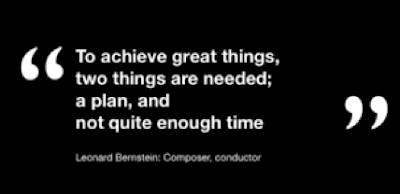I was fortunate to attend the ICOT13 conference in Wellington recently. This was a fascinating 5 day conference to expand global thinking around the themes of ‘future survival‘, ‘personal futures‘ and ‘future society‘. During the conference I attended a workshop presented by Ron Ritchhart on 'Enlisting Parents as Allies: Working Together to Develop Powerful Thinkers and Learners.' As many of the teams I work with find it challenging to engage and enlist parents, this workshop seemed like an excellent choice and I wasn't disappointed.
Ron spoke of creating 'Culture's of Thinking, creating place where thinking is valued, visible and actively promoted.' With parents focus often being on their child 'being school ready', how do we as teachers broaden their view so that they think about "what do we want children to be like as adults?" We need them to know that this is about thinking about all children not their specific child, all children in our community. He said that when he has asked parents this they tend to come up with a huge list of dispositions, not skills and knowledge.
2, Shifting the focus of curriculum from skills and knowledge to develop understanding.
3, Shifting the approach to curriculum from superficial coverage to depth of exploration.
4, Shifting the process of learning from memorisation to thinking.
These are the shifts for parents to look out for as a setting is on this journey, when all are happening then their setting as managed the change!
Arohanui
Gillian




